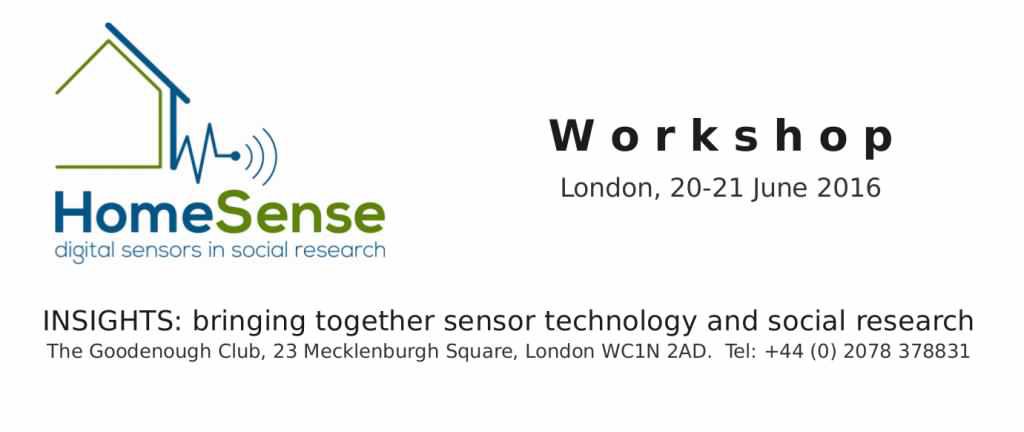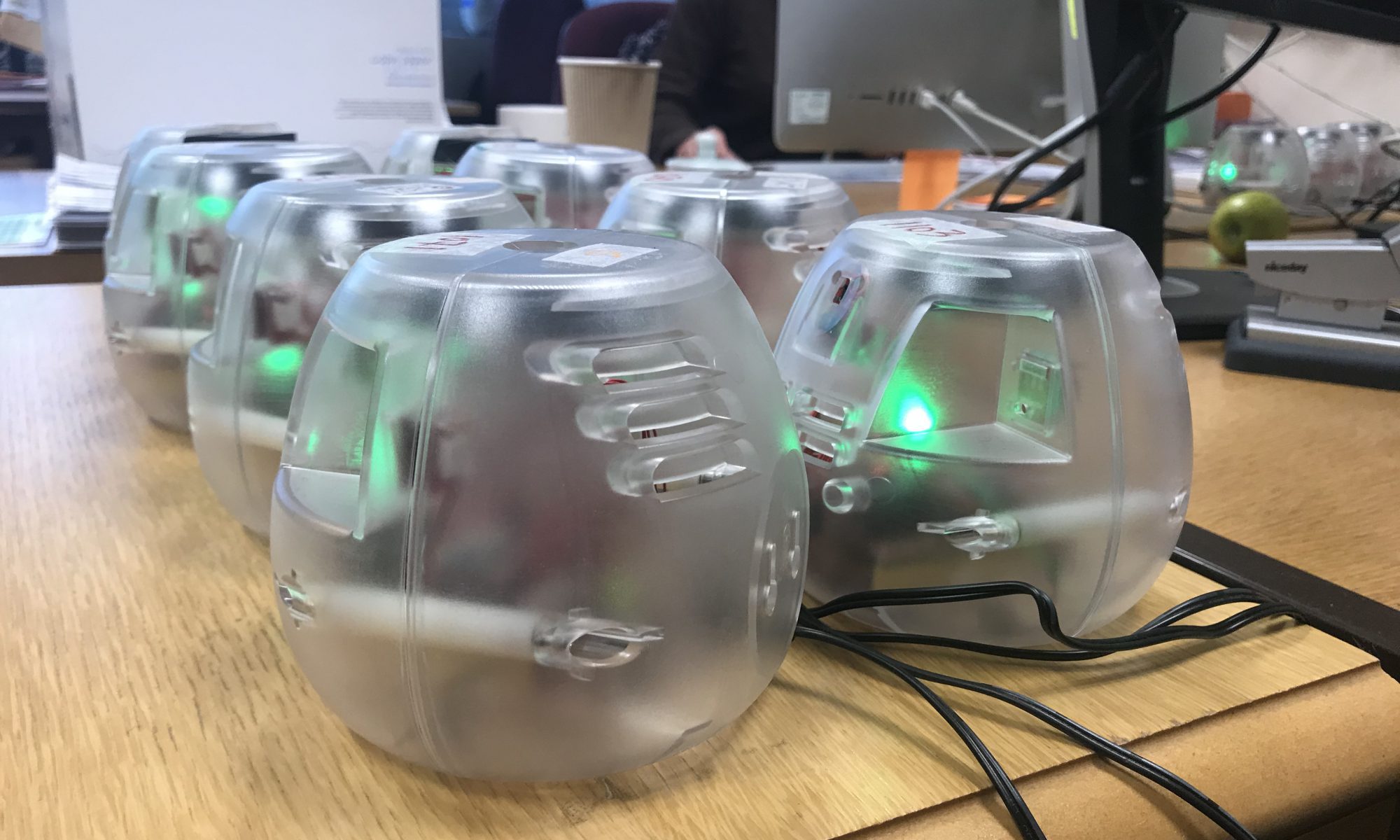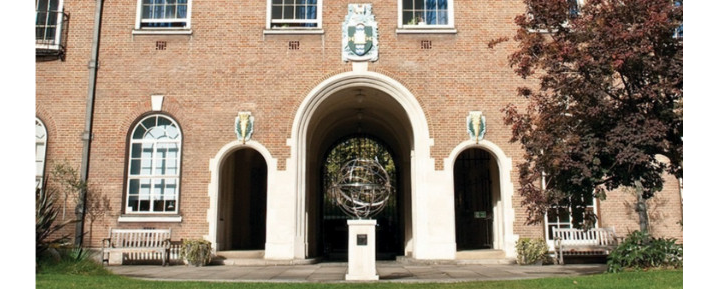Kristrún Gunnarsdóttir posted a blog on the UK Personal Data & Trust Network (now the Digital Catapult), as part of an outreach in preparation for the INSIGHTS workshop at the Goodenough College in London.

… … … … … … …
The HomeSense team is organising expert consultation with a small group of innovators, entrepreneurs and enthusiasts, to discuss the latest developments in the use of sensors and tracking technologies for smarter homes and lives. Key areas of interest in this respect include what we have learned from the history of home-automation and mobile care, from the adoption of the new services, what the remaining barriers are to acceptance, and what industries, providers and enthusiasts are learning about household and self-tracking practices. They also include question of how to assess the impact of IoT innovations more generally, what the privacy and consent issues are the necessary data and security protections, and how all this is best managed.
For social science research, the uncertainty here centres on the activity patterns, how the use of sensors and tracking technologies can assist in capturing these patterns and how to use that method responsibly. What is at stake are common research topics that address activities and interactions in households. Ethnographic observations, interviews, questionnaires and time use diaries all yield valuable data that has for decades formed the basis of findings on family life and communications, relationships and identity, health and home care, parenting, eating habits, consumption, use of energy and much more. However, these methods are tedious and there is a lot of retrospective accounting going on and evidence that subjects tend to moderate their activities and responses to correspond with what they imagine researchers want to see and hear, or what they think they ought to be saying and doing. For these reasons, it is particularly exciting to trial the use of sensors in triangulation with time use diaries, questionnaires and interviews and to better understand how to build trust and confidence in using these methods. There will be an opportunity here as well to follow up on communications with innovators, entrepreneurs and enthusiast about HomeSense findings, in particular, from the team working in UK households and from teaching social researchers about using sensors for data-gathering in their research.

